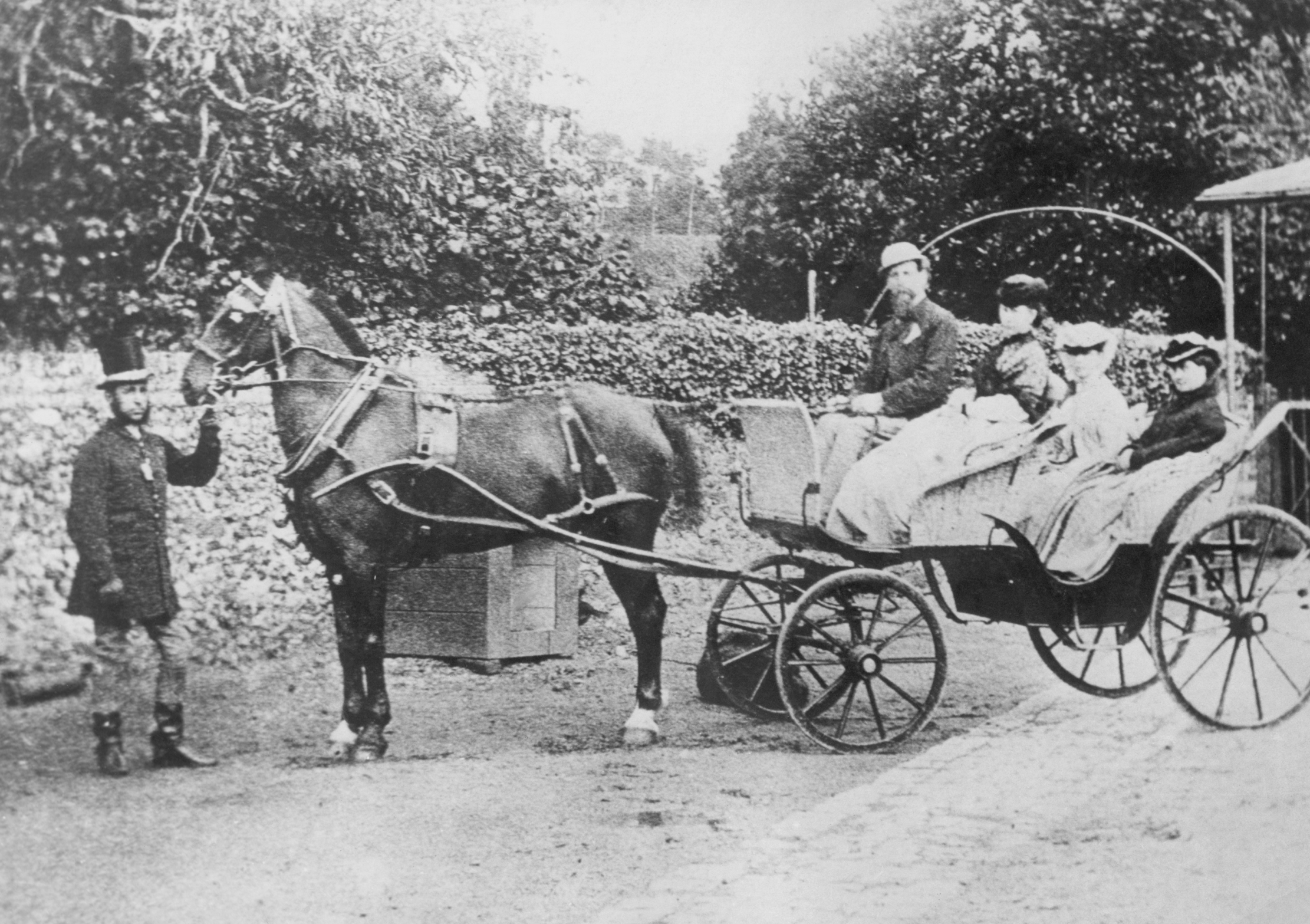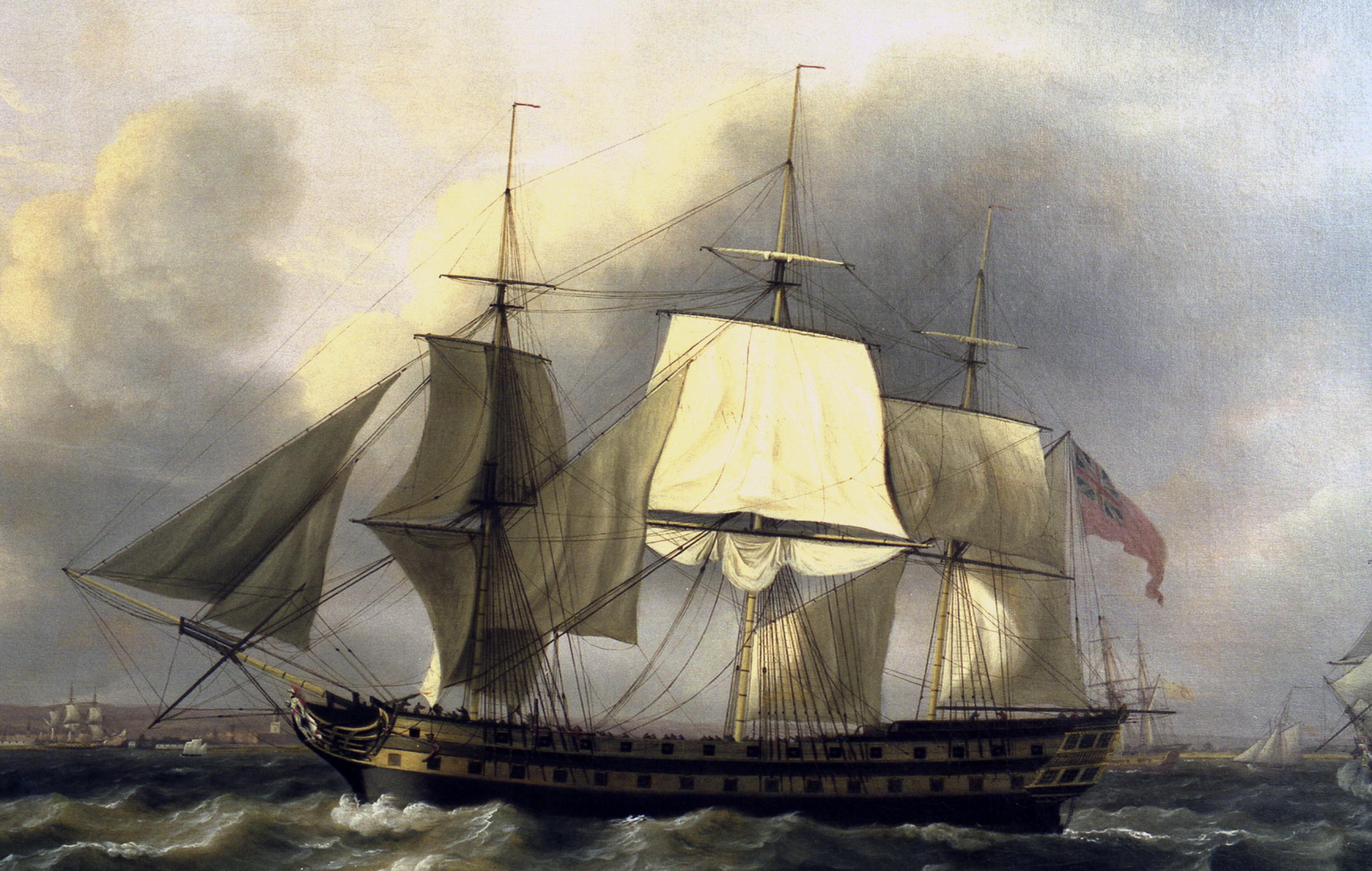Newly revealed letters from the Dickens family reveal strange names, odd jobs and mutual distrust
If you think you and your siblings don't get on, just wait until you see what Charles Dickens's children said about each other.


Are you aware that Charles Dickens’s youngest son, Edward, was known to his family as ‘Plornishmaroontigoonter’? Presumably, Ed was too challenging to say. This curious detail is among various found in a collection of unpublished letters newly acquired by the Charles Dickens Museum, London WC1.
Written to ‘Plorn’ by members of the Dickens family between 1868 and 1902, all the letters cover the period when he lived in Australia, where he acted as Rabbit Inspector for the Government of New South Wales, until his death.
'I think him worthless and heartless. I can only pray that he may not come to utter ruin'
Subjects range from take downs of writers such as Wilkie Collins and Anthony Trollope to wrangling over inheritance; in fact, there is much griping between the eight surviving siblings (of 10). ‘He was always a queer fellow,’ wrote Mamie of her brother Francis in 1871. And ‘as for Sydney, the less said about him the better. Our dear Father had many a sad experience of him, and was so utterly tired and worn out by his extravagances and follies that he had forbidden him ever to come home again… I think him worthless and heartless. I can only pray that he may not come to utter ruin’.
Other letters comment on the events of the day, such as the arrival in London of the Shah of Persia (‘I saw him the day he went in State to the Crystal Palace, and cannot say I thought much of him, with the exception of his diamonds, with which he was covered!’ wrote Plorn’s mother, Catherine), Coggia’s Comet and the famous Tichborne Trial (over the lost heir to a baronetcy) — ‘And Arthur Orten is hand and foot in gaol for 14 years. I don’t think it is much for such a scoundrel,’ wrote Plorn’s maternal aunt Georgina Hogarth. ‘Mamie and I were at the Trial on the last day, the day the verdict was given. The Chief Justice sent Mamie tickets… It was tremendously interesting. He, Orten, did not seem to care much.’
The collection sheds new light on the character of Catherine Dickens, as curator Emma Harper explains: ‘[It] destroys the image that Charles Dickens tried to create when he separated from Catherine in 1858, alleging that she was an unfit wife and mother. The letters give voice to Catherine… showing her clear love of her children.’
The 40 letters, plus a cheque for £200 signed by Dickens and sent to Plorn, is on display at the museum on Doughty Street, where he wrote The Pickwick Papers, Oliver Twist and Nicholas Nickleby, until November 10. Incidentally, other Dickens nicknames include Lucifer Box, Mild Glo’ster, Sampson Brass, The Ocean Spectre and Chickenstalker.

Shipwreck of the Earl of Abergavenny receives protected status
The ship was captained by John Wordsworth, brother of the romantic poet William, and sunk off the notorious Shambles bank
Exquisite houses, the beauty of Nature, and how to get the most from your life, straight to your inbox.
Annunciata is director of contemporary art gallery TIN MAN ART and an award-winning journalist specialising in art, culture and property. Previously, she was Country Life’s News & Property Editor. Before that, she worked at The Sunday Times Travel Magazine, researched for a historical biographer and co-founded a literary, art and music festival in Oxfordshire. Lancashire-born, she lives in Hampshire with a husband, two daughters and a mischievous pug.
